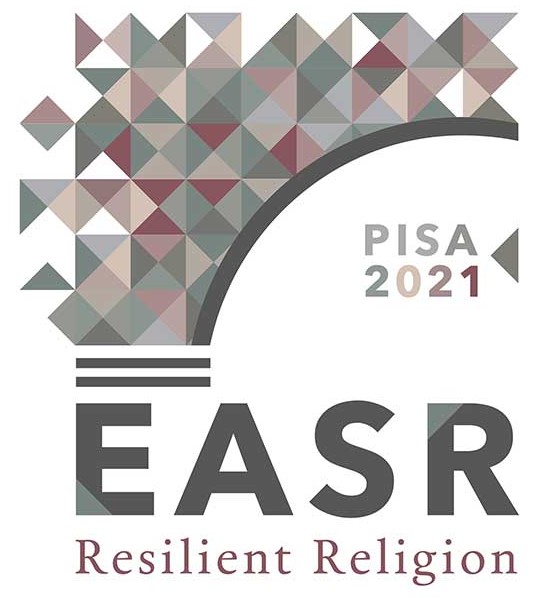To submit an abstract to the session, please register following the instructions and then specify in your proposal the title of the session you wish to attend. Follow the instructions here
- Religion as a key factor for resilience: from Rome to Constantinople
- Surveying Ritual Creativity in Contemporary Paganism and New Age Prior to and During the COVID-19 Pandemic
- Christianity and Sex
- Shinto online
- War, Peace, and Resilience in the Ancient World Narratives
- Resilient Gnosis. Ancient Gnosticism, Its Sources, and Its Transformations
- Resilient religious communities: changing identities, needs, and relations across time and space
- Gods Don’t Die. Resistance, Resilience, Revival of Deities and Cult Practices
- Embodiment in Religious Resilience
- Rites, rituals and liturgies as “place” of resilience
- Transnational Relations of Religion and Conflict
- Religious Minorities and Covid-19
- Gender Law and Religion During the COVID-19 Health Crisis
- Resilience or Resistance: Repressive Regimes and the Blurring of Boundaries between the Political and Religious
- Resilient Modalities of Religion in Chinese societies
- Traditional instruments and new challenges:The squaring of the circle?
- European states and their regulation of ‘minority’ religions
- Yes we Jain! – Overcoming crises in the Jain tradition
- Coping with the krisis. Phenomena of religious acculturation and enculturation: Patterns and policies of resilience from the Hellenistic-Roman period and Late Antiquity
- Resilience, Change, and Magic in Late Antiquity
- Resilient Spirituality and the Challenge of Transformation
- Underground religious spaces as resources for community resilience
- Resilience and transformation of religious communities in Eastern Europe
- Resilient Visual Mosaics: transformation processes in Arts and Religions
- Identity, diversity and (the study of) religion
- Russian Old Believer Communities Worldwide: Changing Practices and Resilient Identity
- Religious changes in Latin America: Beliefs, Identity & Democracy
- Resilient citizens: religious dissent and civic rights in Late Antiquity and the Early Middle Ages
- Institutionalism as strategy of resilience
- Religion in Central and Eastern Europe – Towards an Auto-interpretative Perspective
- Building resilience by peacemakers professing Muslim and Christian religion in the times of civil war in Lebanon (1975-1990)
- Facing Discrimination: Religion and Agency in Contemporary Societies
- Religion as resource of resilience – diachronic and interdisciplinary perspectives
- The Voices from the Outskirts: Discourses on Religion and Resilience in Modern Contexts
- Resilient Pilgrimage
- Cultural Immunology as a paradigm for the study of resilience in religious traditions
- Religious narratives and narration in the study of religion
- Cujus Regio, Ejus Religio? Glimpses of Resiliences in and from Ancient Times and the Middle Ages
